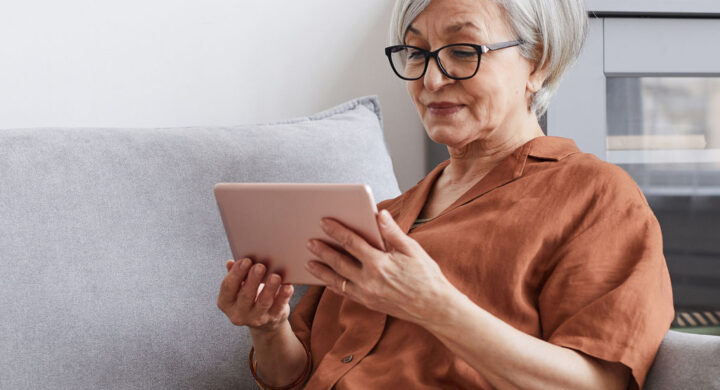91% of U.S. adults own a smartphone.1 The ubiquity of smartphones is such that that statistic does not even feel surprising! Given the capabilities and widespread use of smartphones, an opportunity exists to deliver more accessible, accurate, and representative cognitive testing in clinical trials through unsupervised, remote administration utilizing personal smartphones.
Data presented at the 2025 International Society for CNS Clinical Trials Methodology (ISCTM) conference by Svenja Wacker, PhD, Neuropsychologist and Science Director at Cogstate, examined whether the Cogstate Brief Battery (CBB) could be self-administered via personal smartphone to measure cognition.
The is a widely used digital cognitive test battery found to be sensitive to Alzheimer’s Disease-related changes in cognition and includes tests of psychomotor function, attention, working memory, and learning. The CBB has been extensively administered in remote, unsupervised settings via computer, and was well positioned for remote, unsupervised administration via smartphone.
“Study site visits can be extremely burdensome for patients and their study partners,” Dr. Wacker noted. “However, unsupervised remote cognitive test administration can increase accessibility, lower the burden of participation, and provide more accurate representations of everyday cognitive function compared to in-clinic neuropsychological assessments.”
Wacker continues, “We asked 173 cognitively unimpaired adults between the ages of 41 and 75 who were enrolled in the Healthy Brain Project to complete the Smartphone version of the CBB in a remote, unsupervised setting.”
The Healthy Brain Project is a large-scale research initiative aimed at understanding cognitive aging, brain health, and risk factors for neurodegenerative diseases like Alzheimer’s disease.
Of the 173 adults asked to participate in this smartphone research, 100% completed the fully remote unsupervised smartphone CBB. In addition, age-related trends were consistent with previous observations of the computer-administered CBB. These trends include slower performance of older adults on timed tasks and task difficulty effects with slower and less accurate performances on harder tasks.
“While more research is needed across diverse populations, these results support acceptability and validity of smartphone based cognitive testing as a convenient, remote alternative to in-clinic assessments” said Dr. Wacker, “this study highlights the potential of smartphone administered digital tools for tracking brain health.”
We invite you to learn more by reading the poster and exploring the data here.
1Pew Research, 2024 – https://www.pewresearch.org/internet/fact-sheet/mobile/



